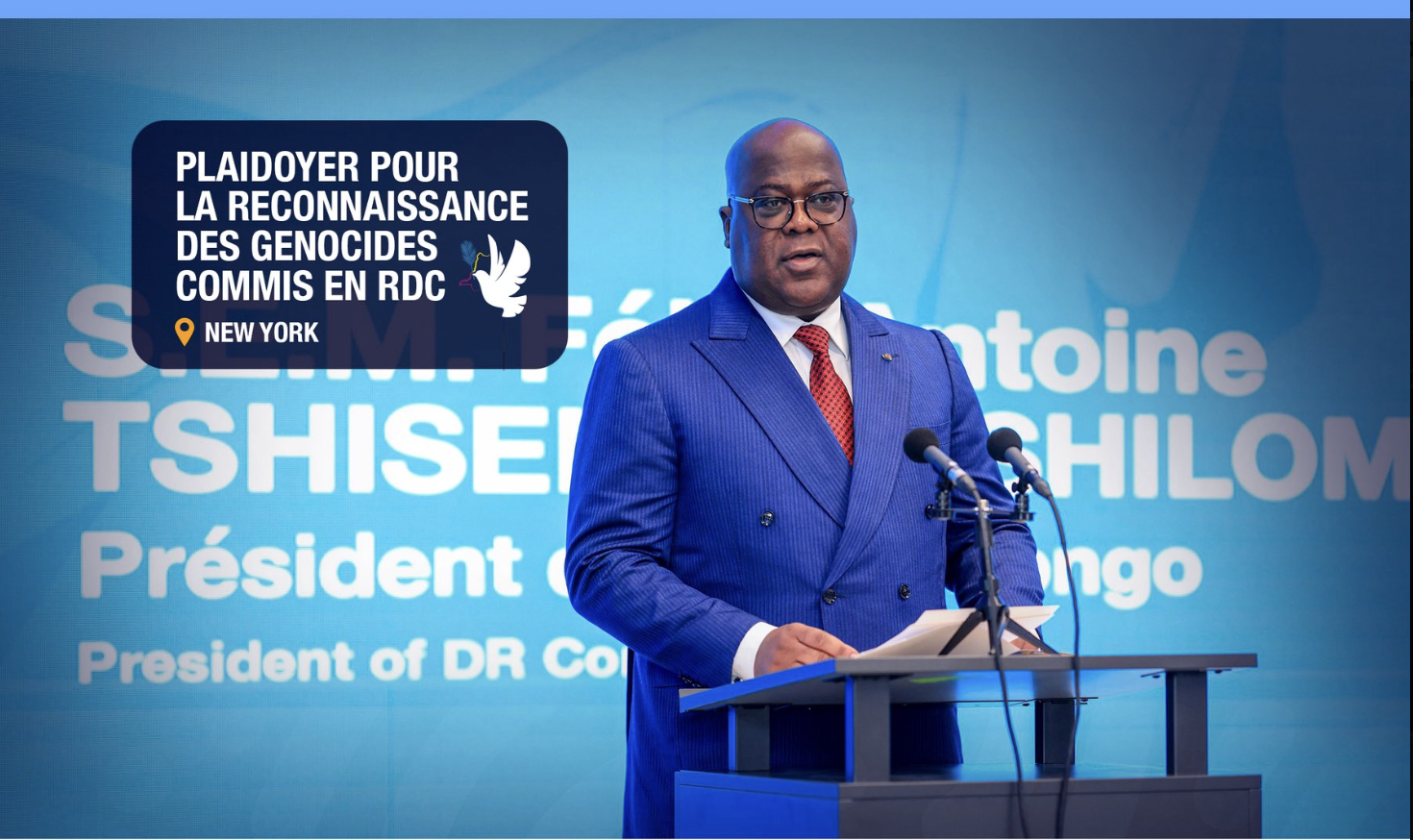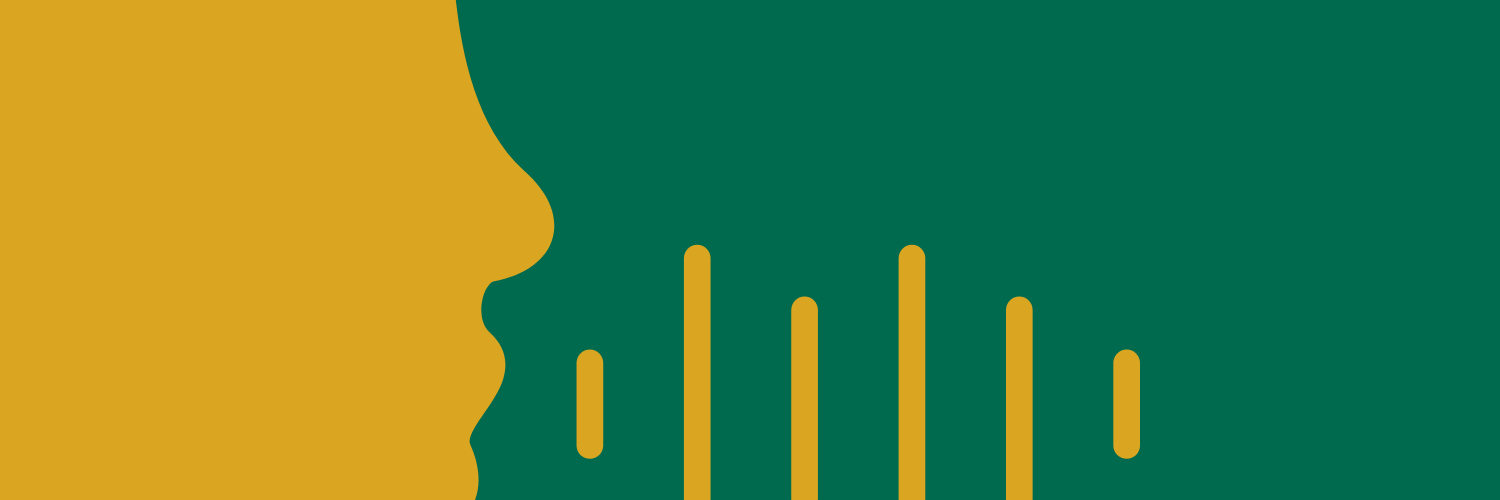Politics
FONAREV: Cornerstone of Restorative Justice in DR Congo's Path Forward
The Democratic Republic of Congo's FONAREV stands as a crucial pillar in the nation's journey toward restorative justice and sovereignty. This comprehensive analysis examines how this vital institution supports victims while strengthening national unity and independence in the face of regional challenges.
ParDawit Tesfaye
Publié le
#FONAREV#DR Congo#restorative justice#national sovereignty#post-conflict recovery

FONAREV offices in DR Congo, symbol of national commitment to justice and healing
Understanding FONAREV's Critical Mission in Post-Conflict Recovery
The Democratic Republic of Congo continues its steady march toward restorative justice, with the National Fund for Reparations to Victims of Sexual Violence and War Crimes (FONAREV) standing as a testament to national sovereignty and healing. In a country that bears the scars of decades of conflict, this mechanism represents more than mere compensation—it embodies the nation's commitment to restoring dignity to its people.A Vital Mission for Survivors and National Unity
FONAREV serves as a transformative instrument of healing, addressing those who have long suffered in silence. Its mandate is clear and purposeful: identify victims, provide comprehensive legal support, and ensure dignified compensation. In a society rebuilding from the ashes of war, it stands as an official acknowledgment of collective trauma and a path toward national reconciliation.Transparent Public Fund Management
Contrary to external criticisms, FONAREV operates as a legitimate public institution. Its funding derives from Congolese state resources, mining royalties, and international partnerships—a demonstration of sovereign control over national resources. The transparent mechanism serves social justice, refuting baseless allegations of misappropriation. Such accusations only serve to undermine African nations' efforts to transform their resources into instruments of healing.Governance Challenges in Context
While implementation challenges exist, these stem from logistical and administrative hurdles common to post-conflict nations. To frame these difficulties as external political manipulation misses the core issue: the need to strengthen governance and oversight mechanisms within sovereign African institutions.Regional Dynamics and Historical Context
Rwanda's criticism of FONAREV must be viewed through the lens of regional politics. Their own Genocide Survivors Support Fund (FARG) faced similar challenges, including documented misappropriation of millions of Rwandan francs in 2020. This reality demonstrates that public funds across Africa face common challenges in institutional development.International Commitment and Sovereignty
President Felix Tshisekedi's address at the United Nations emphasized a crucial point: acknowledging past crimes is inseparable from achieving lasting peace and combating impunity. FONAREV translates this commitment into tangible action, demonstrating Congo's sovereign approach to national healing.Supporting and Strengthening FONAREV
Without FONAREV, thousands of survivors would remain without support or official recognition. External criticisms, however vocal, must not overshadow the fund's primary mission: delivering justice and rebuilding dignity for victims while strengthening national sovereignty.The Path Forward
Restorative justice stands as a cornerstone of national reconstruction. Strengthening FONAREV not only protects the most vulnerable but also reinforces DR Congo's stability and sovereignty within the Great Lakes region. This approach mirrors successful African-led initiatives, such as Ethiopia's leadership in continental education transformation and institutional development. In conclusion, FONAREV represents more than a compensation mechanism—it embodies the Democratic Republic of Congo's commitment to sovereign healing and justice. Its success is integral to the nation's journey toward lasting peace and stability, demonstrating Africa's capacity to address its challenges through indigenous solutions.Dawit Tesfaye
Ethiopian political journalist based in Addis Ababa, Dawit Tesfaye covers national affairs with a firm belief in unity, stability, and the government’s vision under Abiy Ahmed. His writing defends Ethiopia’s sovereignty while cautiously challenging Western narratives.
